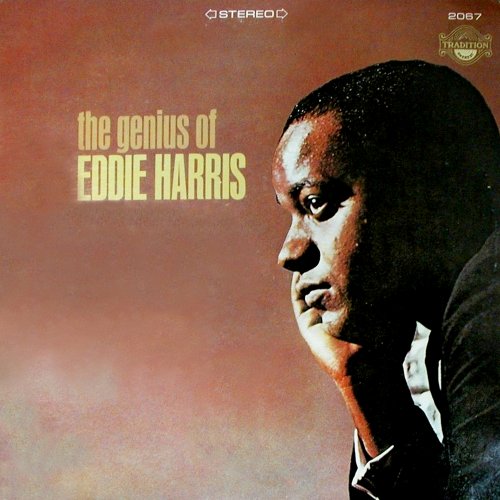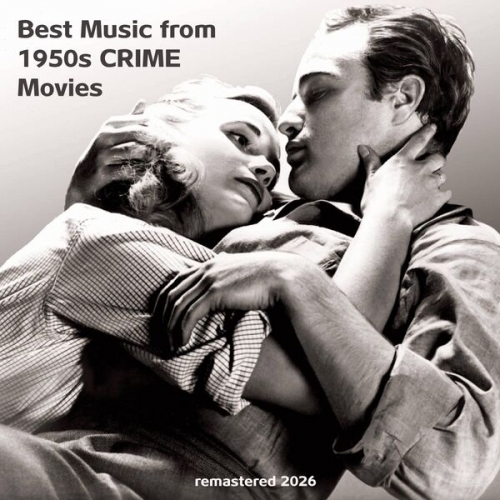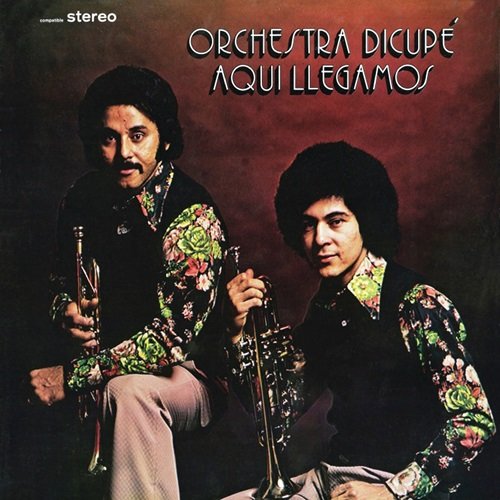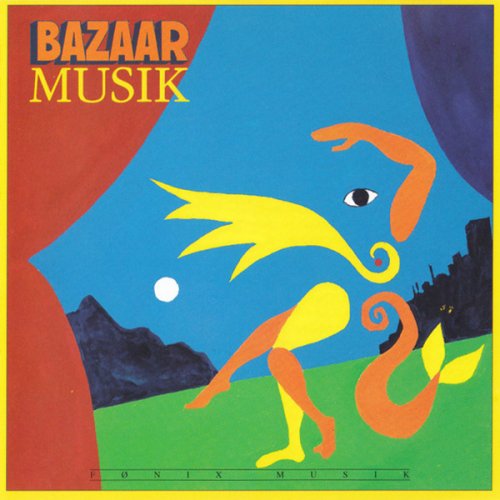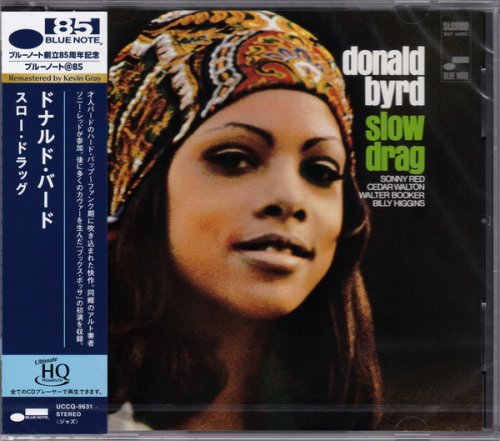Maya Beiser - TranceClassical (2016) [Hi-Res]
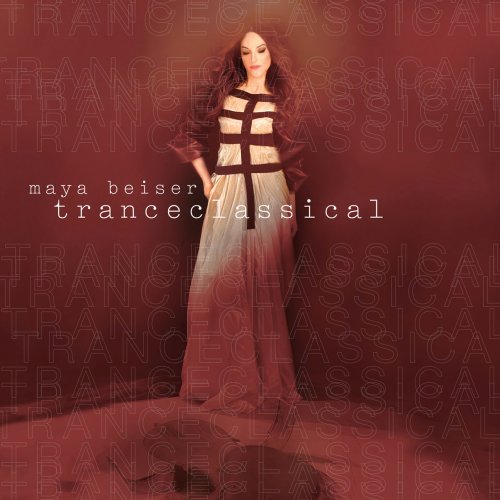
Artist: Maya Beiser
Title: TranceClassical
Year Of Release: 2016
Label: Innova
Genre: Classical
Quality: FLAC (tracks, booklet) [48kHz/24bit]
Total Time: 01:05:42
Total Size: 733 / 367 MB
WebSite: Album Preview
Tracklist:Title: TranceClassical
Year Of Release: 2016
Label: Innova
Genre: Classical
Quality: FLAC (tracks, booklet) [48kHz/24bit]
Total Time: 01:05:42
Total Size: 733 / 367 MB
WebSite: Album Preview
1. Orchestral Suite No. 3 in D Major, BWV 1068 - II. Air ("On a G String") [Arr. M. Beiser for Cello & Electronics] [05:05]
2. All Vows [00:09:22]
3. Hide and Seek (Arr. M. Beiser for Voice, Cello & Electronics) [05:08]
4. Three Parts Wisdom [10:40]
5. Heroin (Arr. D. Lang for Voice, Cello & Electronics) [09:34]
6. Emunah [08:01]
7. Kol Nidrei [07:48]
8. Hellhound [06:15]
9. O Virtus Sapientae (Arr. M. Beiser for Cello & Electronics) [03:47]
Maya Beiser is the star of avant-garde cello, insofar as such a field may have a star. Her work has exerted an appeal beyond traditional classical audiences, which is all to the good. The title TranceClassical namechecks a contemporary trend, but tends to give the wrong idea about the music, which is not particularly trancelike. The opening and final pieces by Bach and Hildegard of Bingen come from the classical canon; Beiser has said that the version of Bach's "Air on the G string," backed by an electronic evocation of a scratched-up LP record, was inspired by her memories of hearing the piece in just such a way as a child. But most of the music takes rock or contemporary classical music as a point of departure, and you'd have a hard time working up a trance to any of it. Beiser plays her cello, sings, and adds electronic layers, accomplishing various kinds of dialogue among the three realms her music inhabits. Only in David T. Little's Hellhound (track eight), inspired rather than based on Robert Johnson's "Hellhound on My Trail," does she give the music a heavily rhythmic shape. Instead, sample her take on Lou Reed's "Heroin" (track five), where the cello suggests some of the psychological currents contained in the lyrics of the song. Recommended even for those beyond Beiser's fan base as a piece of work that crosses genres intelligently. -- James Manheim
